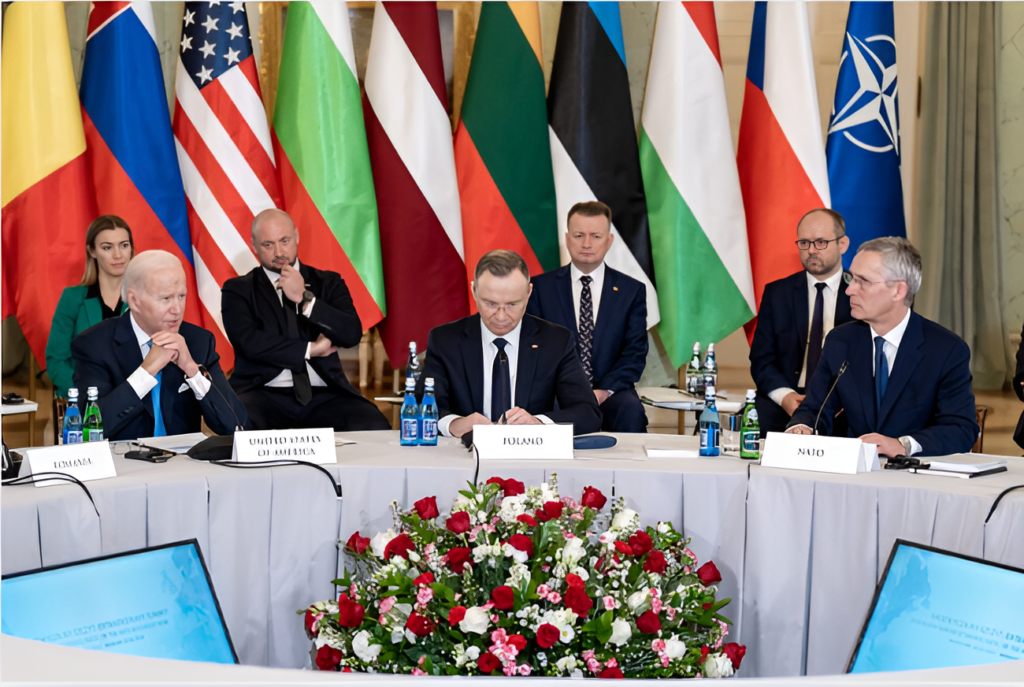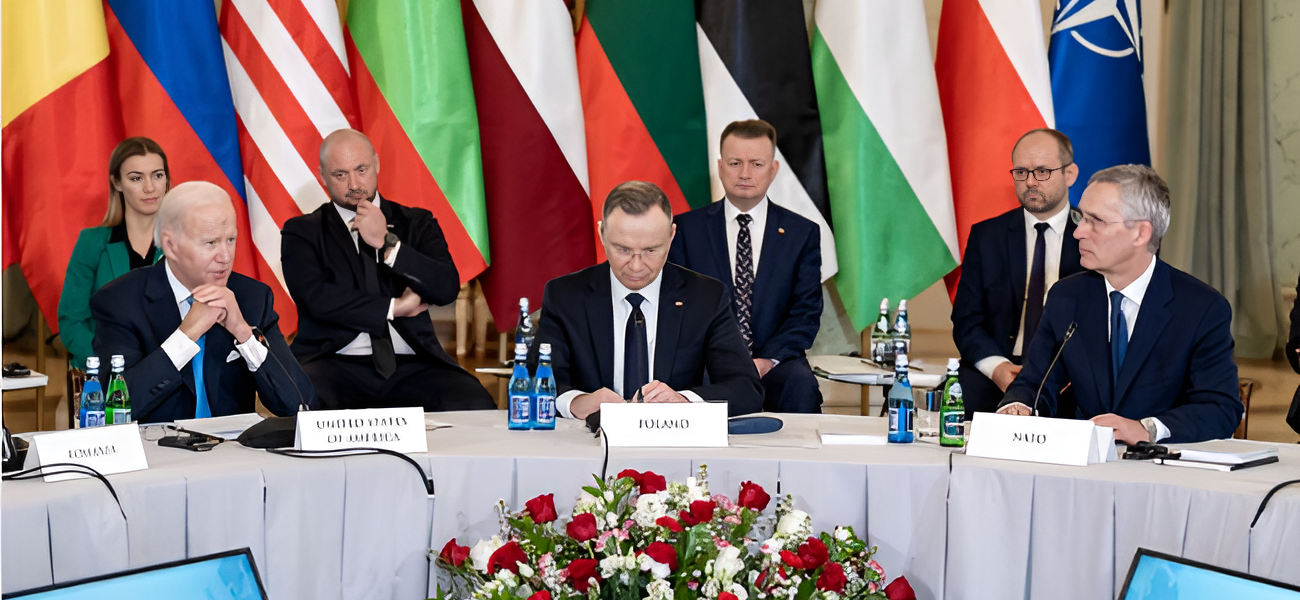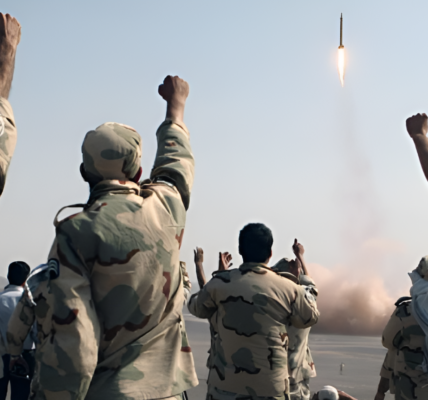
The issue of sending Leopard 2 tanks to Ukraine became a contentious point in European and German politics throughout late 2022. As part of a collective Western effort to support Ukraine against Russia’s invasion, Ukraine had urgently requested Western tanks, particularly the German-made Leopard 2. However, Germany hesitated. Chancellor Olaf Scholz, expressing concern about escalating the conflict with Russia, insisted that Germany would act only in coordination with its allies. “We always act together with our allies and friends,” he said, stressing the importance of solidarity.
What was perplexing, however, was that no one had actually asked Germany to act alone. By January 2023, Britain had committed to sending 14 of its Challenger tanks, while Poland and Finland had signaled their readiness to provide Leopard 2 tanks in concert with other allies. The U.S., France, and Germany itself had already pledged to send infantry fighting vehicles, a weapon system nearly indistinguishable from tanks in terms of utility.
Yet, Scholz insisted that Germany would only send Leopard 2 tanks if the United States also committed to sending its own M1 Abrams tanks. The reluctance to act without American involvement reflected a deep-rooted dependency on U.S. leadership. In the end, the Biden administration intervened, agreeing to send Abrams tanks to Ukraine, allowing Germany to approve the export of Leopard tanks. This episode highlighted a broader issue about the nature of the transatlantic alliance. Why did Germany feel “alone” in the face of a European war, and why did it still rely on U.S. leadership for even minor decisions?
The initial post-Trump period had seen European governments debating the possibility of greater autonomy from the U.S. Some, like Chancellor Angela Merkel, expressed a desire for more European sovereignty. Yet the full-scale invasion of Ukraine exposed the limits of such aspirations. Despite the rhetoric, European states were still fundamentally incapable of responding independently to crises in their own backyard.
The Rise of American Dominance
In the years following the 2008 financial crisis, the U.S. gradually grew more powerful relative to its European allies, with the economic and military balance tipping increasingly in favor of America. By 2022, the U.S. economy had far outpaced that of the European Union and the United Kingdom. Military spending followed a similar pattern, with the U.S. outspending the entire European Union, not just in dollar terms but also in technological advancements.
European defense spending, although increasing, remains fragmented and inefficient. Countries struggle to collaborate on defense procurement, and their military capabilities continue to lag behind those of the U.S. This has left Europe more reliant on American leadership than ever before.
The Weakness of European Autonomy
Europe’s inability to establish a unified foreign and security policy has further deepened its dependence on the U.S. Despite the EU’s ambitions for greater global influence, internal divisions persist, preventing effective action. For instance, tensions between Eastern and Western European states over their responses to Russia have only reinforced the need for U.S. leadership. Without American intervention, European nations would likely have failed to agree on a cohesive strategy.
The war in Ukraine has underscored this dynamic. The U.S. has provided the lion’s share of military and humanitarian assistance to Ukraine, and it has been instrumental in unifying Western allies. American involvement has not only been critical in terms of resources but also in resolving internal European disagreements over how to respond to Russia.
The Post-War Landscape
The Biden administration, like its predecessors, intends to refocus U.S. foreign policy on the strategic competition with China once the war in Ukraine ends. Yet Europe’s growing security dependence on the U.S. complicates this shift. As Europe’s security needs increase, the U.S. must continue to shoulder a significant burden in the region.
This creates a paradox: while the U.S. expects Europe to support its strategy in the competition with China, Europe’s increasing reliance on American security guarantees undermines its ability to assert its own strategic autonomy. In the face of this, many European states, particularly those in the East, advocate for stronger U.S. involvement and leadership in Europe, further cementing transatlantic dependence.
The Challenges of Vassalization
The growing dependence of Europe on the U.S. has led to a form of “vassalization,” where Europe sacrifices its sovereignty in exchange for security protection. This dynamic threatens both European and American interests. A weak and dependent Europe, unable to defend itself, risks becoming irrelevant on the global stage. For the U.S., this vassalization is problematic as it undermines the very purpose of the alliance — a strong and capable partner in the face of future geopolitical challenges.
A more balanced transatlantic relationship is needed, one that allows Europe to assume more responsibility for its own defense while still benefiting from American support. Such a partnership would be more sustainable and advantageous for both sides, ensuring that Europe does not become a mere satellite in the face of rising global competition.
Ultimately, the transatlantic alliance will only endure if both sides see tangible benefits in the partnership. A Europe that is more self-reliant, without fully severing its ties to the U.S., is essential for a strong, future-focused alliance that can face the geopolitical challenges of the coming decades.


